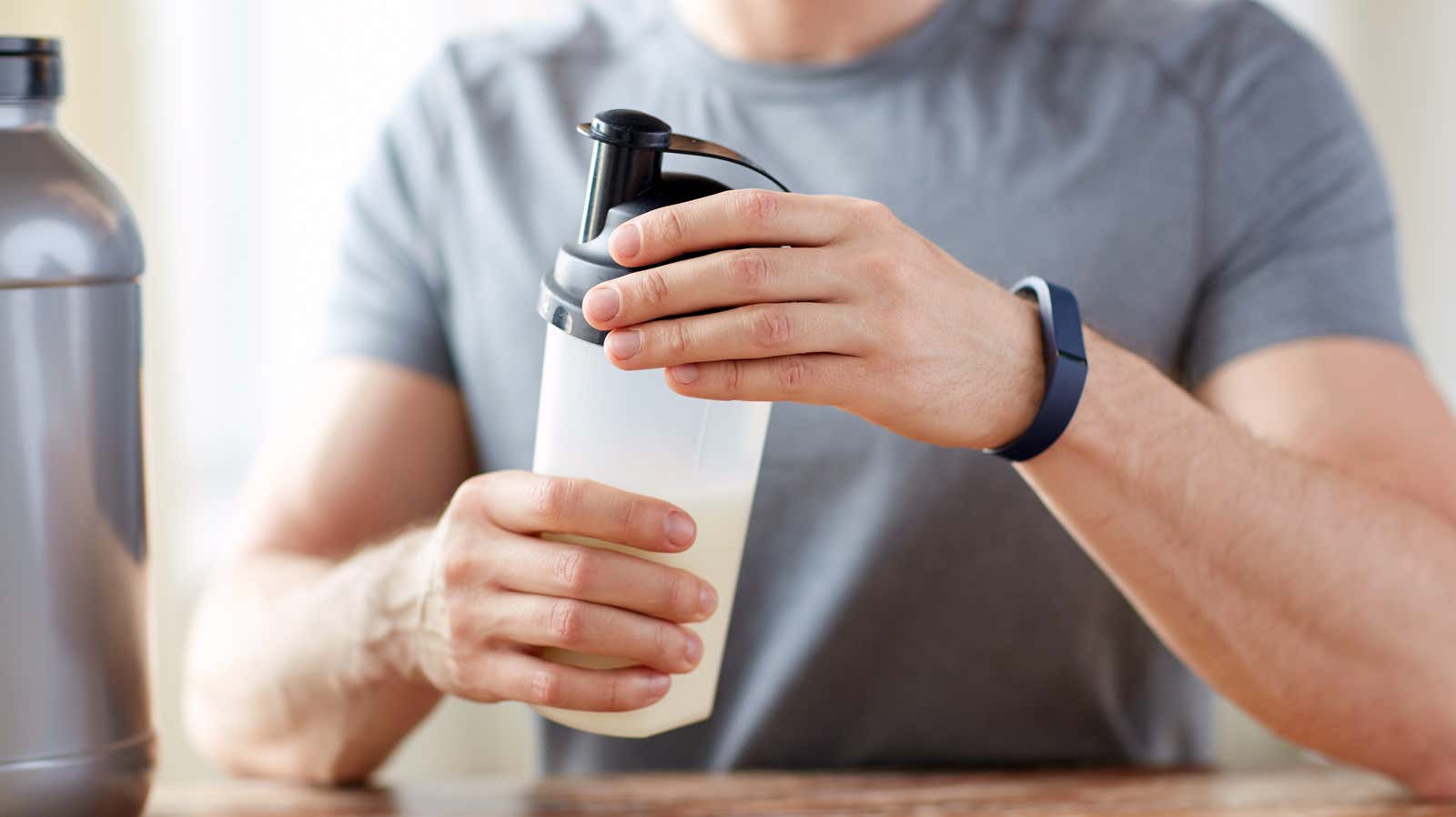Do I Really Need a Pre-Workout Supplement?

Walk around any vitamin store and you will be lost among the myriad of pills and powders, each claiming to benefit your workouts by boosting your focus , energy, or recovery. Pre-workout supplements that are meant to be taken just before a run or weightlifting are especially popular right now, and new varieties are constantly emerging. But what exactly are they doing? And are they worth the hassle or the cost?
What are pre-workout supplements?
A pre-workout supplement is any pre-workout food that can improve your performance; For example, coffee can be thought of as a pre-workout supplement.
However, many gym goers think of pre-workout supplements in pill or powder form with labels such as ” extreme ” and ” LIT AF “; These supplements often contain carbohydrates, beet juice, and amino acids (which include BCAAs or branched-chain amino acids – a familiar name you’ll stumble upon when buying supplements online) in addition to caffeine.
Creatine is another ingredient included in some pre-workout supplements, but many people consume it as a standalone supplement.
Do they really work?
While many brands claim these supplements help you “get the best performance” in the gym, it’s tricky to do. Since pre-workout supplements are not strictly regulated by the FDA, any company can make some pretty lofty claims without backing them up.
Separately, it seems like these ingredients should work, at least based on research. Caffeine reduces fatigue ; A recent review of various studies on the effects of caffeine on physical performance found that a dose of caffeine can help you run longer, lift more reps, or gain weight.
According to GQ , carbohydrates work by fueling your muscles with glycogen, which your body will use when lifting weights, for example. Eating a carbohydrate-rich meal a few hours before exercise has been shown to increase performance through endurance exercise.
Meanwhile, research on beetroot juice appears to support claims of performance gains with very short duration high-intensity workouts (such as sprinting or any other exercise that involves rapid bursts of intensity), although research is scarce.
Amino acid supplements are a little tricky. We naturally make many amino acids – the building blocks of protein – but we don’t make nine of them called essential amino acids. BCAA supplements, three of these amino acids, are fairly common in stores and often claim muscle-building benefits, but research is conflicting. A study in 2017 came to the conclusion that BCAA supplements alone can not stimulate muscle growth, but can at the same time consumption of all essential amino acids.
In theory, all of these ingredients together should have a huge number of beneficial properties, right? This seems so based on several studies . However, a professor of medicine at Emory University argues that this is mainly a placebo effect and can give you a psychological edge in the gym.
Do you really need them?
If you couldn’t yet say no, you do n’t really need them.
Personally, I already drink tons of coffee, so an extra caffeine supplement may not be as beneficial for me as it would for someone who regularly falls asleep. Also, since I exercise at night, caffeine intake at 9:00 p.m. doesn’t have a very good effect on my sleep schedule. Cost is also an issue; pre-workout supplements are quite expensive compared to a simple cup of coffee.
Typically, you can get the same benefits from pre-workout as with a regular diet, such as eating carbohydrates before training. “Bananas, low-sugar sports drinks and coffee – extra credit for a cold drink or nitro flavors are all great options you can actually pronounce, ” writes GQ’s Emily Abbeit.
How do I get them?
If you do want to take pre-workout supplements, we must repeat: they are not strictly regulated. For this reason, you should be careful when buying a supplement, as it may not even list all the ingredients it contains on its label.
Certain supplements are certified by third parties such as NSF International or Informed Choice ; you can look for a supplement on their websites.
Most supplements should have instructions on the label. Although the pre-workout period has not been studied, one 2008 study shows that caffeine can act in as little as 10 minutes and reach its maximum concentration in the blood in about 45 minutes (depending on your weight and the amount of caffeine you eat). This brand of pre-workout supplement contains 275 milligrams of caffeine per scoop – roughly the same amount of caffeine in two 16-ounce cans of Red Bull – and recommends consuming them 20-30 minutes before training.
If you are concerned about possible side effects or how a pre-workout supplement might affect the effect of any medications you take, you should consult your doctor.
According to Self , you may experience dizziness, nausea, redness, or shaking, just like when drinking coffee. After I first used pre-workout, I experienced another funny side effect: itching , which seems to be a fairly common consequence of some pre-workout supplements.
For this reason, it doesn’t hurt to call your doctor if you’re particularly concerned about what’s lurking in your supplement.